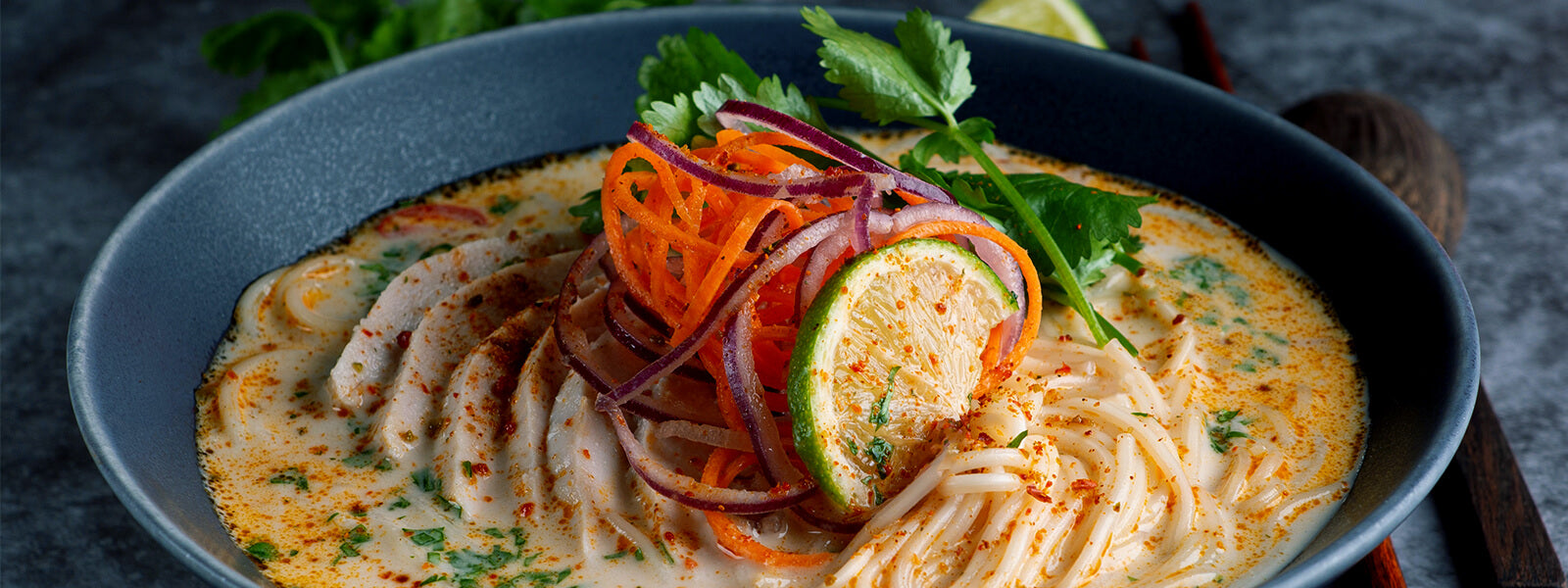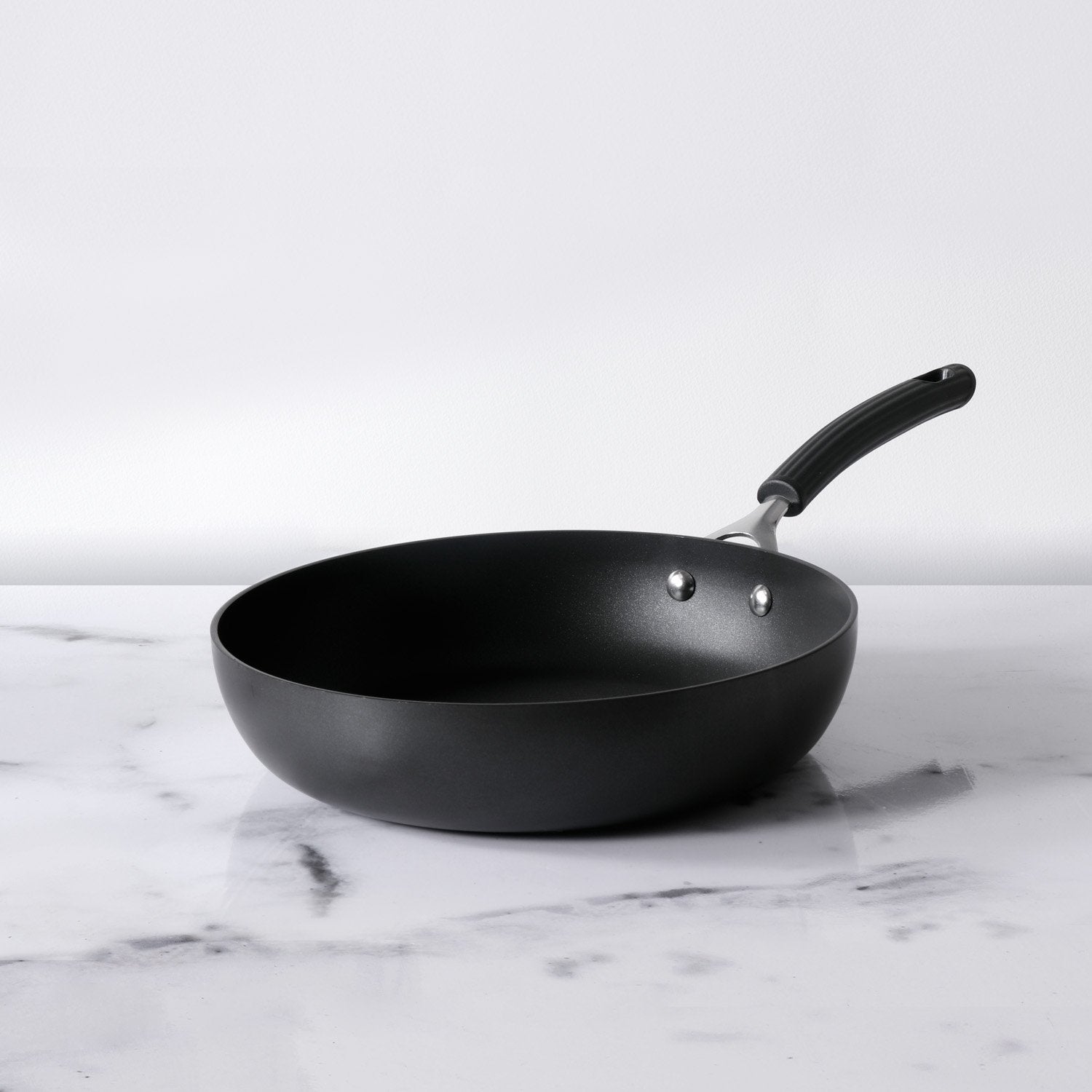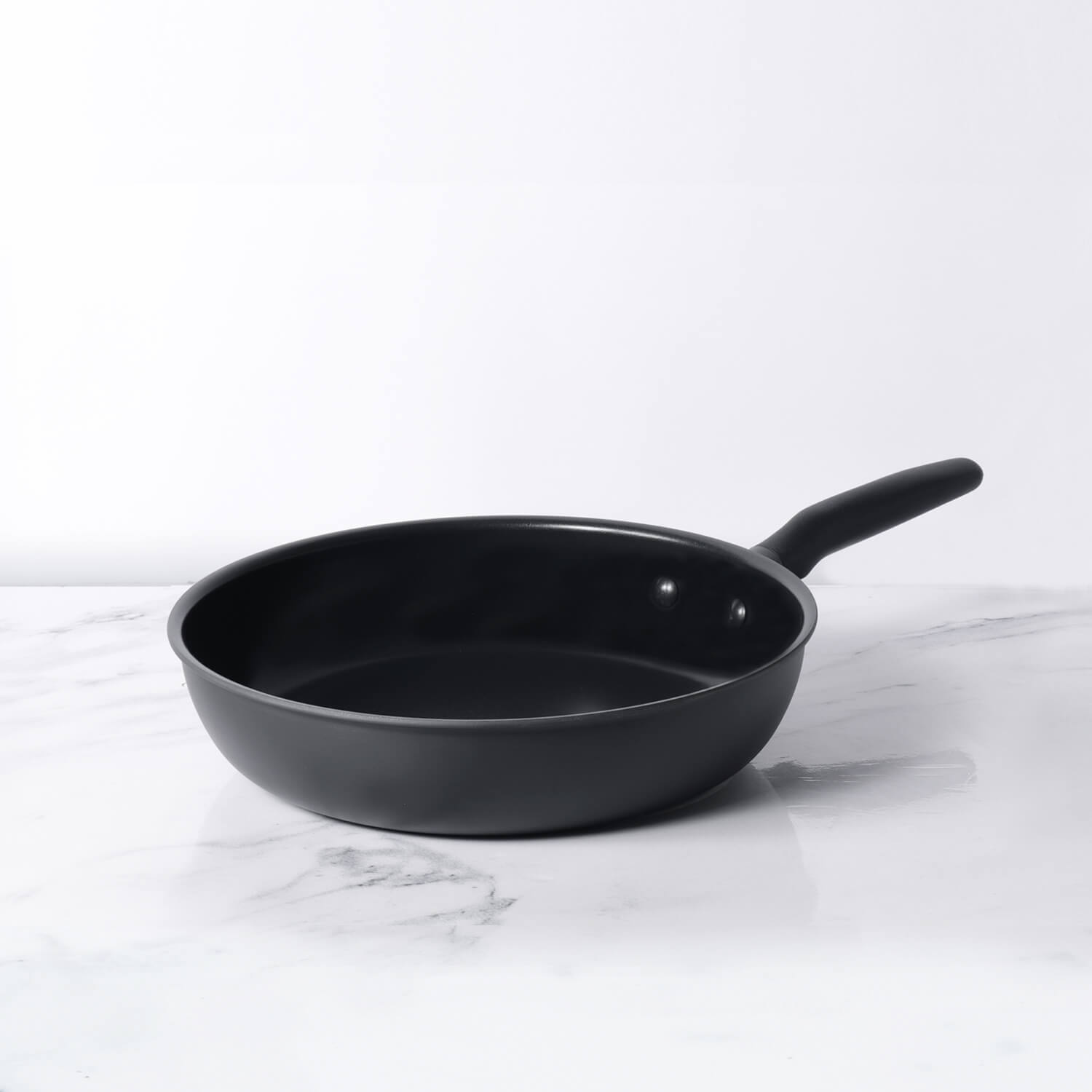In Ayurveda, there are many trees and plants, but few people know how they can help. For example, a plant called costus or Kuth has a number of health benefits and helps the body heal from a number of illnesses. Even though you may have seen it everywhere, the linden plant is one of the most useful medicines. It has been used regularly for many years to treat worms in the stomach, hiccups, and stomach aches, among other things.
Table of Contents
What is Indian costus?
Indian costus also popularly known as Kuth is a powerful herb that is mostly used to treat digestive problems. Because the roots of Kuth are full of antioxidants and anti-inflammatory properties, they are used to treat many health problems. For example, they can relax muscles and stop spasms. They can also lower the levels of total cholesterol, bad cholesterol (LDL), and triglycerides, which prevents heart attacks. Kuth is also used to keep insects away because it stops them from eating. Kuth helps take care of parasitic infections that can make people sick. It is also used to treat gastric ulcers and nematode infections as a herbal tonic and gastric stimulant. When put on the skin, the oil from this herb is used to treat problems with the joints.
Medicinal properties of Indian costus:
The flowers, leaves, and stems of the costus plant are used to make many herbal medicines. These parts of the plant have a wide range of health benefits. It is known as Saussurea costus in the scientific world. It is a unique plant with thorny flowers that grows mostly in the Himalayas of India.
Plant description of Indian costus:
Indian costus is a strong, upright, perennial plant with big leaves and strong roots. Most of the time, they can grow up to 60 cm long. This plant blooms from June to August in the summer, while the seeds are ready in September.
Indian costus is grown as a medicine in the mountains of India, especially in Kashmir, Himachal Pradesh, Arunachal Pradesh, the Western Ghats, and the Kishenganga Valley. These places are between 2,500 and 3,000 metres above sea level. This plant grows best in temperate and subalpine areas. Kuth is a plant that grows in the Himalayas at high altitudes. It is thought to be a divine plant. It grows in the mountains of China, Korea, and Japan, as well as India. This herb is mostly grown for its roots, and it does best in moist soils, but it can also be grown in a wide range of soils, such as acidic, neutral, or basic clay soils.
Health benefits of Indian costus:
By using this plant, you can get rid of many health problems and their signs. When it comes to benefits, costus has a wide range of healing properties, such as:
- Costus has a lot of active ingredients that reduce redness and swelling inside the body.
- With the help of the element in the root, arthritis symptoms can be lessened to some degree.
- By mixing costus with other medicines, doctors can make medicines that make menstruation less painful.
- It helps with stomach problems like food indigestion, stomach pain, gas, bloating, etc.
- If you have asthma or other problems with your lungs, you can take the powdered root of costus.
- It helps a lot with mouth sores, burning, etc. It can also help with problems related to the thyroid.
- Costus has a wide range of anti-fever effects, but it works best at bringing down fever.
- People with asthma or breathing problems can use the root to make a powder. Lick this powder with honey. This will get rid of the asthma and clear up the mucus in the lungs.
Ayurvedic use of Indian costus:
Ayurveda claims that the main doshas involved in asthma are Vata and an out of balance "Kapha dosha" in the lungs, which makes it hard to breathe. Because of this, it's hard to breathe. This is also known as asthma or Swas Roga. Kuth roots could help people who have asthma by making them cough less and relaxing their muscles. Asthma medicines help control asthma symptoms like shortness of breath and mucus buildup in the lungs. They also clear out any blockages in the airways.
The body's natural immune system can be hurt by any kind of imbalance in the tridoshas. Kuth has a taste that is both bitter and pungent. It also tastes sweet, which balances both Kapha and Vata. According to ayurvedic science, Kuth fixes problems with Vata and Kapha doshas. Because it is hot, or ushna, it slowly gets rid of Vata and Kapha from the body.











Leave a comment